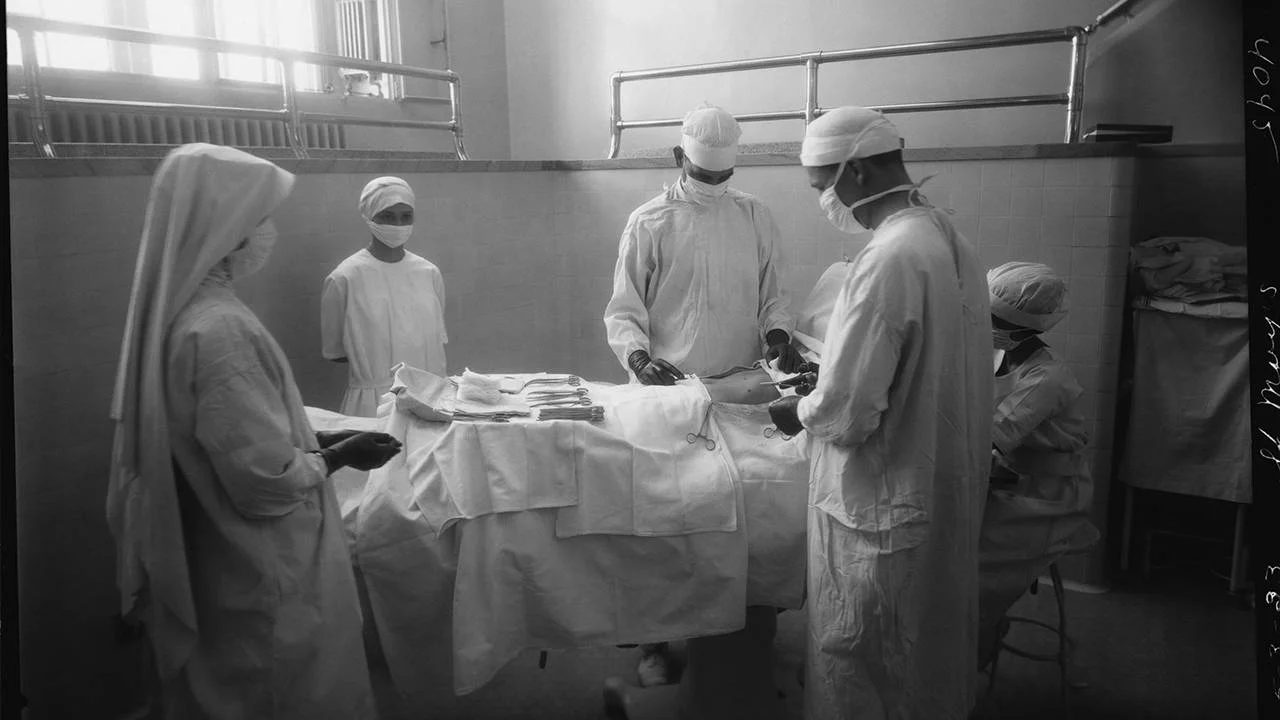Finding refuge in Rochester
Twenty-four years ago, Armin Budimlic arrived in Rochester for the first time with his wife and two small children. They were refugees of the Bosnian War, one of the deadliest conflicts since World War II.
Like many fleeing war-torn conditions, Budimlic and his family came to the U.S. with few possessions and no real expectations of what’s to come. So, when they were greeted off the plane by 40 or so members of a local church, Budimlic remembers being overwhelmed — and even a bit skeptical.
From the airport, the family was taken to a two-bedroom apartment. This fully-furnished unit, they were told, would be there new home. Budimlic looked around and wondered aloud whether it was all being staged.
“Is this all going to be here tomorrow?” he asked a local TV reporter.
Yes, he soon learned, this was all for his him and his family.
“Well then, I feel great,” he responded.
Budimlic can now talk about the experience with a chuckle. He has since laid down roots in Rochester and established himself as a leader in the community. As executive director of the nonprofit organization Intercultural Mutual Assistance Association, Budimlic works to assist refugee and immigrant populations across southeast Minnesota.
It is an organization Budimlic knows well. When his family first arrived here, they relied on some of its services. A few years later, in 1998, Budimlic joined the organization and began helping fellow Bosnians arriving in Rochester.
“I knew I needed to do something to help people from my country of origin as they come and resettle in Rochester,” said Budimlic.
Over the past few decades, refugees have arrived here in waves. First, from southeast Asia (Cambodia especially) in the 1980s. Then from Bosnia and Herzegovina during the breakup of Yugoslavia in the 90s. Most recently, refugees have arrived in Rochester from eastern Africa and the Middle East.
Oftentimes, they come under the most difficult of circumstances. They are escaping war, persecution or a natural disaster. Many have lost their homes, been separated from their families, and lack the resources to start over.
Left to right: Armin Budimlic and Ron Buzard
“Anyone who comes as a refugee has met this certain threshold of persecution already,” explained Ron Buzard, who led IMAA for nearly 30 years before retiring this year. “So, they have suffered oftentimes physically and emotionally.”
Buzard began his work locally in the mid 1980s. He was fresh out of the seminary and wanted to organize ministries in immigrant and refugee populations. At the time, Rochester, like other U.S. cities, was experiencing relatively large numbers of refugee resettlement.
"Refugees were coming with bags and that’s all,” he recalled. “What they could carry with their hands. And they left everything else behind.”
Like the individuals he was working with, Buzard never imagined building a life in Rochester. But he soon found himself committed to the work of helping others get back on their feet. He eventually took on a job with IMAA, an organization that at the time was experiencing financial strain.
“I got connected to this community,” Buzard told us in an interview this summer. “I felt really strongly that our work here wasn’t done.”
Buzard went on to spend the next three decades leading IMAA and helping hundreds of people along the way. Today, the organization offers a holistic approach to meeting the needs of newly-arrived refugees and immigrants.
“We may see that the first thing they need to do is learn English,” said Buzard. “I have heard that so many times. But really, the first thing they need is to feel safe, and welcomed.”
In recent years, political rhetoric has forced IMAA to reconsider its role in the community. While it still continues to provide its core services — like employment programs and legal assistance — the organization recognizes the need to educate people outside the population it serves.
“We have always been known within the refugee community,” explained Budimlic. “Now, we’re trying to get out in the public more.”
To bridge the gap between cultures, Buzard emphasized the need to get out of our comfort zones and start having conversations. It is not enough, he said, to just read about refugees and immigrants.
“Don’t just care about them,” said Buzard. “Get to know a person. Get to know a family. Invite them into your life.”
Because, he said, those meaningful interactions can make all the difference in the life of someone who might not otherwise feel welcome.
“If you talk to any [refugee], no matter what country they have come from — if they are here today and feeling like they are a part of this community, and they are engaged and productive, they can tell you times in their lives when someone was kind to them, or smiled at them.”
Cover photo: Licensed / Canva









